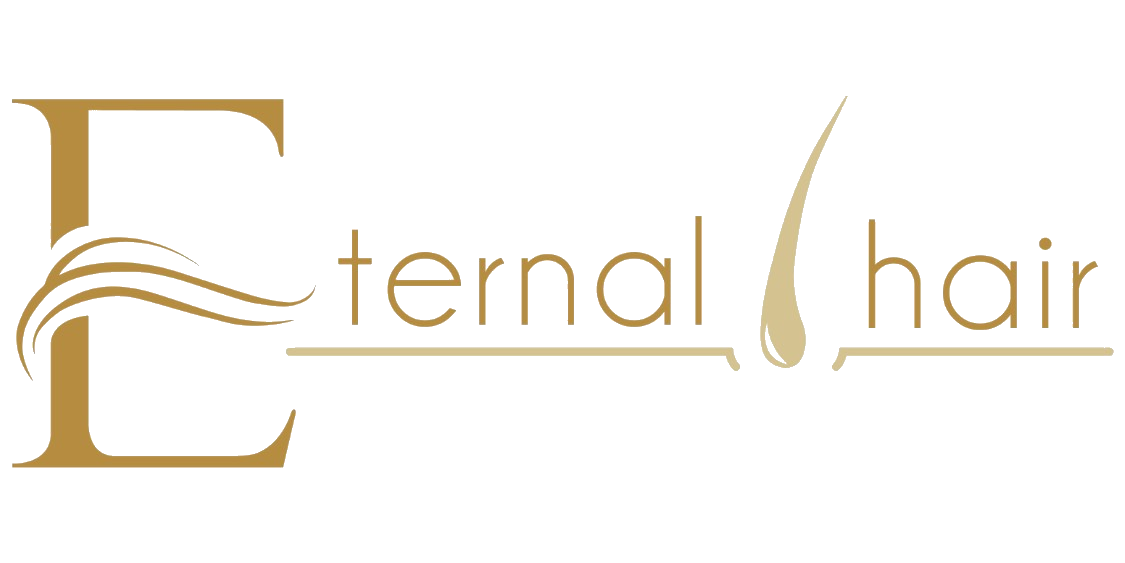
Ever wondered how your diet impacts your hair transplant results?
In the quest for that perfect head of hair, we often overlook the powerful impact of what we put on our plates daily. Imagine a world where the secret to enhancing hair transplant results isn’t just in the clinic but also in your kitchen.
Delve into the fascinating connection between diet and hair transplant success, where the right nutrients can be the missing piece for lush, thriving locks. This isn’t just about eating well; it’s about nourishing your roots from within for a transformation that goes beyond skin-deep.
Hair transplants have revolutionized the way individuals combat hair loss, offering a reliable solution for regaining natural-looking hair. While the procedure itself plays a crucial role in restoring hair, the significance of diet and nutrition often remains underestimated in achieving optimal results.
Let’s Explore How a Healthy Diet Can Complement Hair Transplant Success
Understanding Hair Transplants
Hair transplant procedures involve the transplantation of hair follicles from donor areas to areas experiencing hair loss. The success of these procedures relies on various factors, including the patient’s overall health, lifestyle, and post-operative care.
The Impact of Diet on Hair Health
To comprehend how diet influences hair transplant outcomes, it’s vital to recognize the nutrients pivotal for healthy hair growth. Essential vitamins like A, C, D, and E, along with minerals such as zinc, iron, and omega-3 fatty acids, are instrumental in fostering hair health.
How Diet Affects Hair Transplant Results
Post-transplant, a well-balanced diet rich in these nutrients accelerates recovery and promotes robust hair growth. Adequate protein intake, often termed the building block of hair, aids in strengthening newly transplanted hair follicles.
Best Foods for Hair Health
Incorporating foods like spinach, eggs, nuts, avocados, and fish into one’s diet can significantly contribute to nourishing hair follicles and supporting a healthy scalp environment.
Hydration and Hair Growth
Apart from nutrients, proper hydration is equally vital for maintaining healthy hair. Sufficient water intake ensures that hair follicles receive adequate moisture for growth.
Supplements and Their Role
While a nutrient-rich diet is crucial, supplements can complement and fill potential nutritional gaps. However, it’s essential to consult a healthcare professional before incorporating them into one’s routine.
Meal Planning for Hair Transplant Recovery
Crafting a meal plan post-transplant that includes a variety of nutrient-dense foods supports the healing process and encourages optimal hair growth.
Lifestyle Changes for Hair Health
In addition to diet, lifestyle modifications like regular exercise, stress management, and quality sleep contribute significantly to overall hair health.
Case Studies and Success Stories
Numerous individuals have witnessed enhanced hair transplant results through dedicated adherence to a nutritious diet and lifestyle adjustments.
Expert Insights and Recommendations
Nutritionists emphasize the significance of a well-rounded diet in ensuring sustained hair health post-transplant.
Misconceptions About Diet and Hair Health
Dispelling common misconceptions surrounding diet and its direct impact on hair health helps individuals make informed choices.
Balanced Diet vs. Specific Hair Growth Diet
Understanding the difference between a balanced diet and a diet specifically tailored for hair growth aids in establishing realistic expectations.
Long-Term Maintenance Strategies
Maintaining a healthy diet and lifestyle is pivotal in sustaining the success of a hair transplant in the long run.
Here are some FAQs:
Can diet alone prevent hair loss?
While a healthy diet contributes to hair health, other factors like genetics and medical conditions can also influence hair loss.
Are there specific foods that guarantee better hair growth post-transplant?
No single food guarantees hair growth, but a balanced diet rich in essential nutrients fosters a healthy environment for hair growth.
How soon after a hair transplant should one focus on a specialized diet?
It’s advisable to consult with a healthcare professional for personalized dietary recommendations post-transplant.
Do supplements replace the need for a healthy diet?
Supplements can complement a diet but should not substitute for a nutritious eating plan.
Are there any dietary restrictions after a hair transplant?
Specific dietary restrictions may vary based on individual recovery progress; consulting with the transplant specialist is recommended.
Are you ready to unlock the full potential of your hair transplant journey? Embrace the power of nutrition and witness remarkable results! For personalized guidance and expert support, reach out to our team at (212) 344-4247 or visit us at https://eternalhair.com/. Let’s embark on this transformative path together towards healthier, happier hair!
